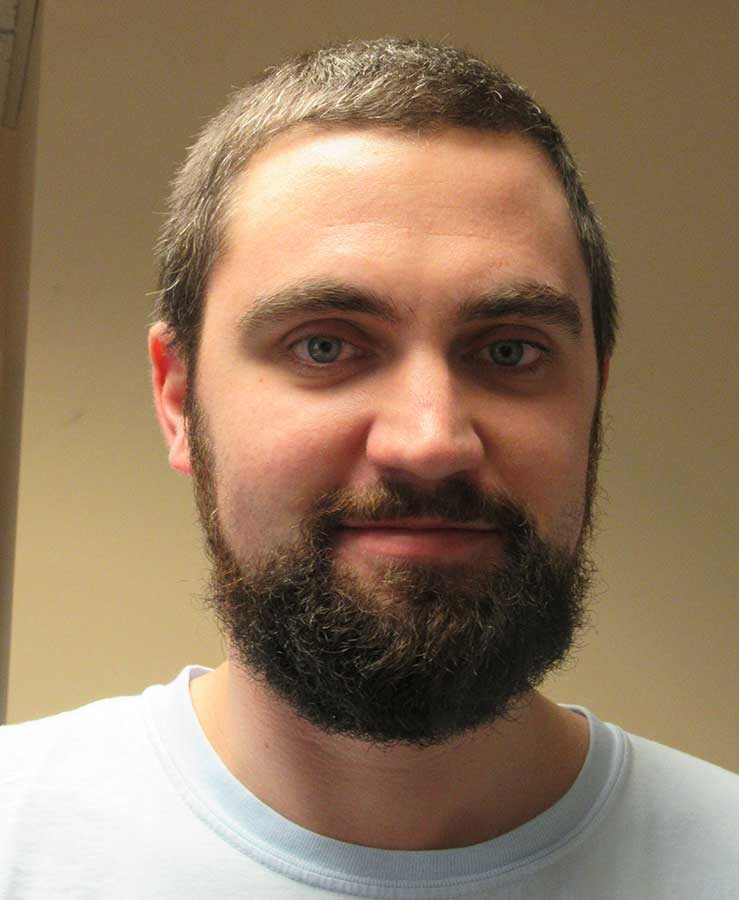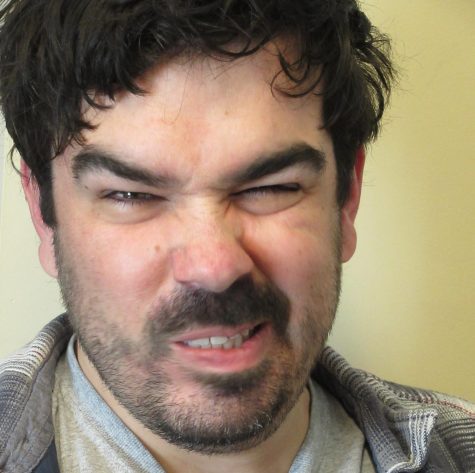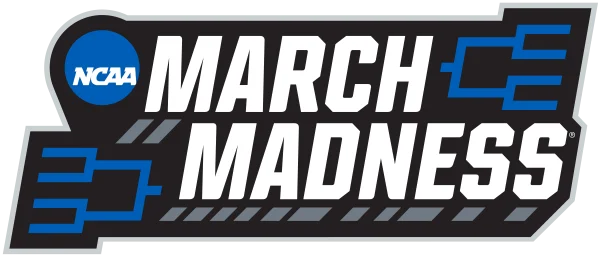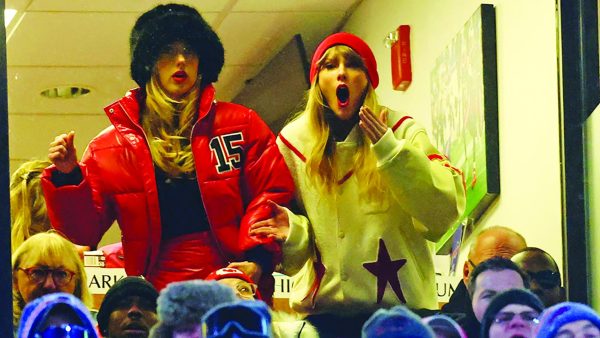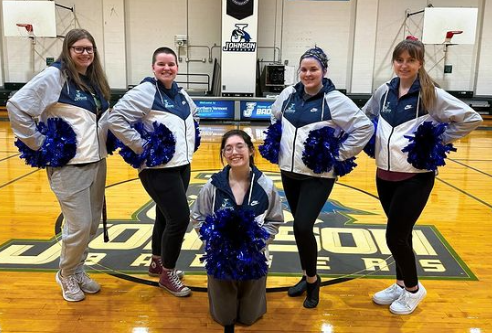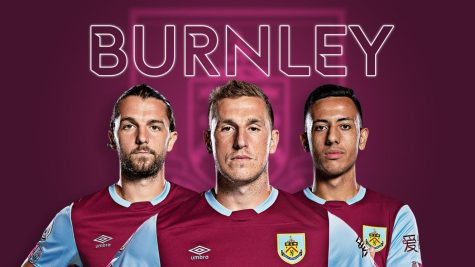Tomfoolery
Tom O’Leary
Currently, one of the most incendiary debates in the sports world is whether or not college athletes should be paid. The conversation focuses most acutely on Division I men’s basketball and football players, whose efforts produce revenue in a billion-dollar industry for nearly everyone but themselves. While they do receive the opportunity for a free college education, the institutions, sponsors, coaches, NCAA and TV networks continue to rake in millions of dollars off of the athlete’s talents and likenesses. The compensation is so severely imbalanced that it has been deemed by many as contemporary indentured servitude.
Predictably, the largest opponents to paying college athletes are the people who stand to lose the most from it. If the players become salaried, that money will directly reduce the income of all other parties involved, while increasing the amount TV networks must pay for broadcasting rights.
Unfortunately, the aforementioned loss of income is not the only obstacle inhibiting the NCAA from changing their policy. Logistically, it would be a nightmare trying to determine what is a fair salary, especially given the drastic variance in revenue generated by the different sports. In addition, adhering to the laws of Title IX would further complicate the process for the governing bodies.
Much to the NCAA’s dismay, the debate has reached a fevered pitch after the FBI released their findings from a year-long investigation into Division I men’s basketball programs across the country. The report alleges that numerous players have actually been getting paid for quite some time, specifically those with the ability to change the entire outlook of a program and the aspiration to play professionally.
The FBI claims it has proof of a widespread ring of corruption in which nearly every elite institution is involved. According to the investigation, conglomerates like Adidas and agencies like ASM Sports funneled thousands of dollars to certain basketball coaches, who then used that money to pay high-level recruits and secure their commitment to play for them. In turn, the same coaches would then ensure the players would agree to be endorsed and/or represented by whichever company supplied the funds once they became professionals.
Thus far, the list of colleges implicated includes perennial powerhouse Duke University, Michigan State University, the University of Louisville, the University of Kentucky, the University of Arizona and many more. Among the players named are last season’s top NBA draft pick Markelle Fultz and Deandre Ayton, who is projected to be the first pick in the upcoming draft.
Fultz’s inclusion, as well as others like current Dallas Mavericks point guard Dennis Smith, illustrate that the pay-for-play system is not exclusive to institutions with top tier basketball teams. Both were highly ranked recruits who were courted by very successful schools, yet they chose the University of Washington and North Carolina State University respectively, where both failed to even reach the NCAA tournament. This suggests that they may have made their decision based on who paid them the most.
The current NBA rule of requiring players to be at least one year removed from graduating high school in order to enter the draft has undoubtedly played a role in the rise of the pay-for-play scandal. Previously, players could go pro directly from high school. Forcing them to spend a year in college when they could be making millions of dollars certainly increases the likelihood that they will attend whichever college will pay them the most for their time.
Until the full scope of the FBI’s investigation is revealed, it is impossible to gauge the potential fallout, though it will most certainly be immense. The schools implicated will likely have multiple season’s records vacated, including any NCAA championships won during the period of illegal activity. Additionally, given how many current collegiate players were named, the odds are high that the winner of the 2018 tournament won’t be holding on to that title for long.
Regardless of how severely the guilty schools get punished, it seems improbable that it will shift the NCAA’s stance on paying its athletes, as they have pled ignorance the entire time. The only way the status quo will ever be disrupted is if the money flow stops, which would take drastic action on the part of the players.
Former Duke University star and current ESPN college basketball analyst Jay Williams recently suggested that the players need to boycott the upcoming NCAA tournament. While this would devastate the millions of fans who love “March Madness,” myself included, I would absolutely support this decision if it would finally fix what is so clearly a broken system.


